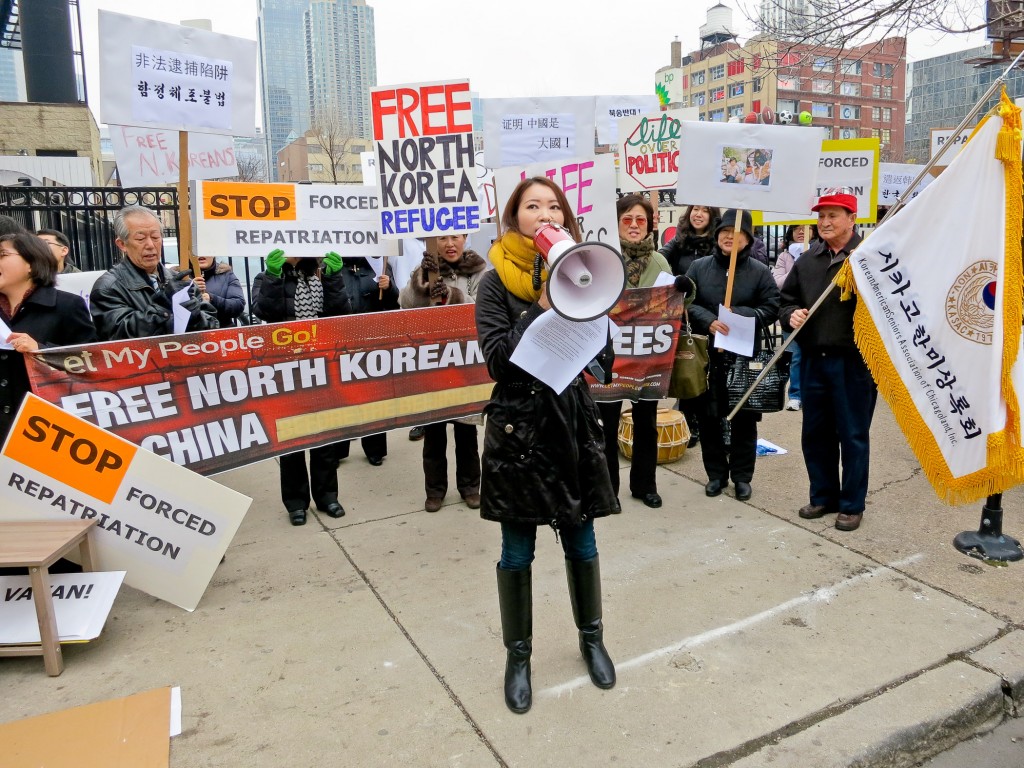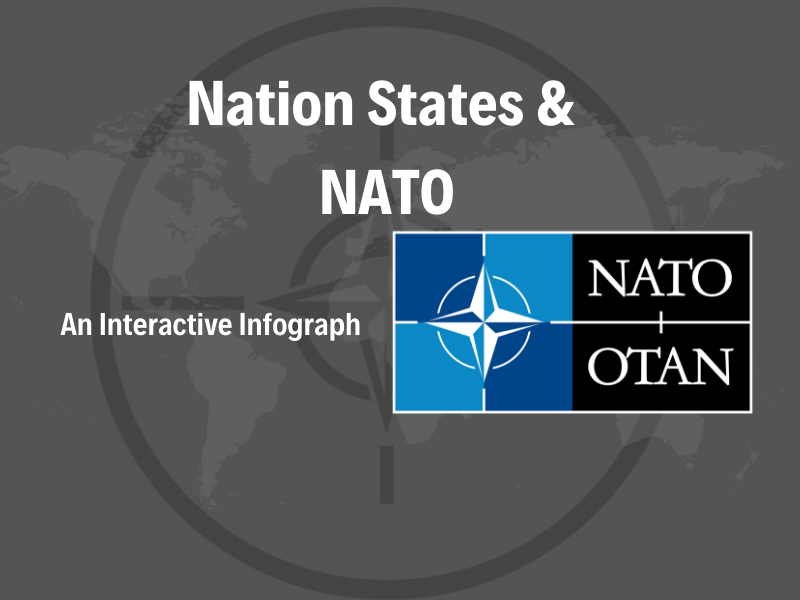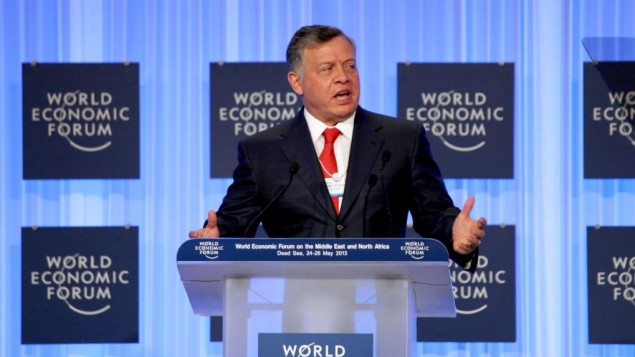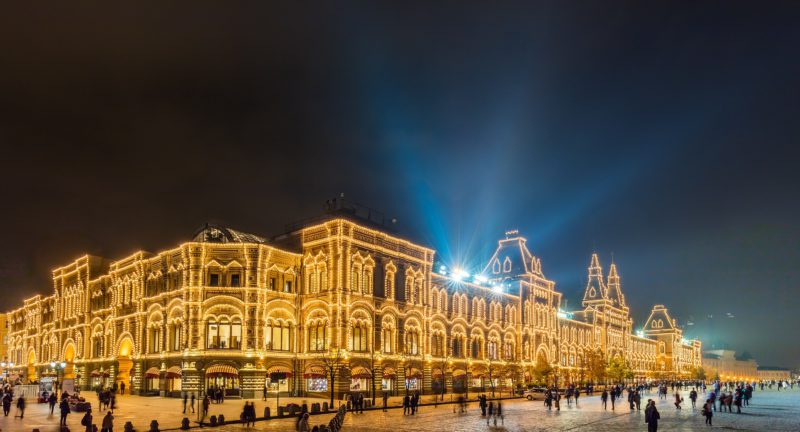In an attempt to revitalise media perspectives on North Korean, photographer David Guttenfelder exposed 41 uncensored instagram photos of the country. Shrouded in secrecy, North Korea is often viewed as a sort of hermit nation. News corporations regularly tell photographers to simply frame North Korean news with go-to photos of Kim Jong-Un. In an unprecedented attempt to add depth to a seemingly isolated society, Guttenfelder focuses on the actual, everyday events in the life of a North Korean. His hopes are first and foremost to humanise the average North Korean citizen, increasing global sympathy for these defectors that otherwise face constant suspicion and discrimination.
Guttenfelder has amassed photographic experience covering wars and natural disasters across the globe. North Korea is his most recent project. Starting in 2000, the project spanned over several years during which he had to regularly diffuse North Korean accusations of Western intelligence gathering. After years of cooperation, Guttenfelder can boast the strongest working leniency from the North Korean government of any journalist in history. Guttenfelder was even allowed to touch upon Korea’s separatist issues by photographing reunions of families separated overnight by defecting members or newly closed borders between North and South Korea.
Twenty years ago, the world celebrated the first North Korean defection, offering the escapees automatic South Korean citizenship. Today, however, defectors are greeted with muted fanfare. This change in attitude is attributed to the decades of standoff between the two nations over standard interpretations of regime philosophy and ethics. This standoff has in turn lead to paranoia over the potential of state infiltration. South Koreans fears are largely influenced by Kim Jong-Un’s aggressive military attempts at threat and intimidation. Most notably cited are the annual North Korean missile tests that occur in response to the annual joint South Korea and US military drills, which Kim Jong-Un refers to as “practice invasions.”
Thus, after taking a life-threatening leap of faith by leaving North Korea, many defectors arrive to face discrimination from their South Korean peers. North Korean defectors are easy for Southerners to spot through different language nuances, such as accents and slang terms. Employment, housing and education opportunities are often denied to civilian defectors because of said speech traits. Denied the ability to rise above their former lives in a free market society, the average North Korean defector often suffers from high stress, impeding their ability to integrate into South Korean society. Exceptions are made to North Korean military defectors, commonly perceived as commodities to be incentivised with access to education, financial, and material stability, in exchange for any classified military intelligence.
Twenty years ago, the world celebrated the first North Korean defection, offering the escapees automatic South Korean citizenship. Today, however, defectors are greeted with muted fanfare.
North Korean defectors without military secrets often attempt to relocate outside South Korea, facing many hardships in the process. In order to bypass the predominant obstacle posed by lack of financial wealth, many of them try to claim refugee status abroad. However, these asylum applications are often rejected due to the “first country of asylum” rule (in order to avoid “asylum shopping”, states have concluded that the first designated safe nation a refugee manages to set foot on is the only country in which they can file an asylum application).
Unfortunately, the high amount of security on the North-South Korean border pushes many defectors to cross into South Korea via China. China is not deemed a designated safe country, as the Chinese government will turn over any defectors back to North Korea. Tightly patrolled airlines in North Korea and China also prohibit would-be defectors from fleeing anywhere other than South Korea.
Many countries once accepted North Korean refugees in spite of the “first country of asylum” rule – Canada among them. However, although 79% of North Korean claimants were granted Canadian asylum in 2012, the acceptance rate dropped to just 14% in the first three quarters of 2013.
Last year, a new Canadian legal precedent was set with a North Korean family’s unsuccessful appeal of the decision to forcibly remove their refugee status. The family had had their asylum claim approved by the Canadian refugee tribunal only one-year prior. “The government is saying all North Koreans are South Korean nationals,” said one of the family members under appeal. “It’s like rich people looking at poor people: South Koreans see them as a burden. They subconsciously hate them and reject them with suspicion, because they see North Koreans as enemies.”
Increasing poverty, social ostracism, and restrictive legal precedents are but some of the causes leading defectors to consider returning to North Korea. So far, 13 defectors have returned to the tyrant state, citing these very reasons. While this is a small number compared to the 20,000 that have defected so far, it is worth noting that these returnees happen to be some of the very first defectors from 20 years ago. These returns have prompted investigations into whether or not the North Korean government is coercing defectors into coming back. Several witness accounts report failed defectors and political activists facing inhumane treatment in prison camps upon their return and capture. As for Korean reunification or justice for said crimes, they seem as unlikely as ever given North Korea’s constant denial of its human rights violations and the continued tightening of its iron borders.





